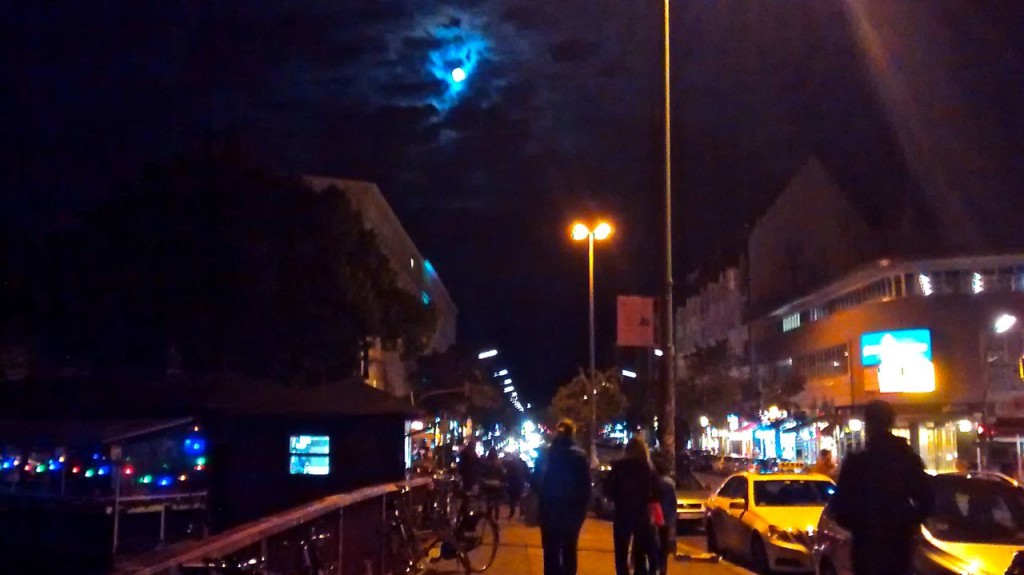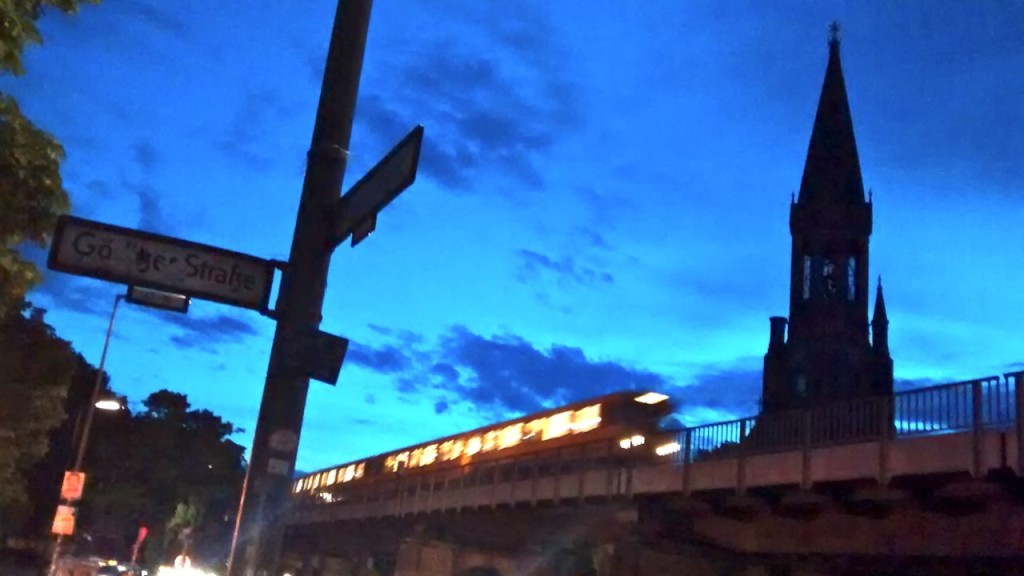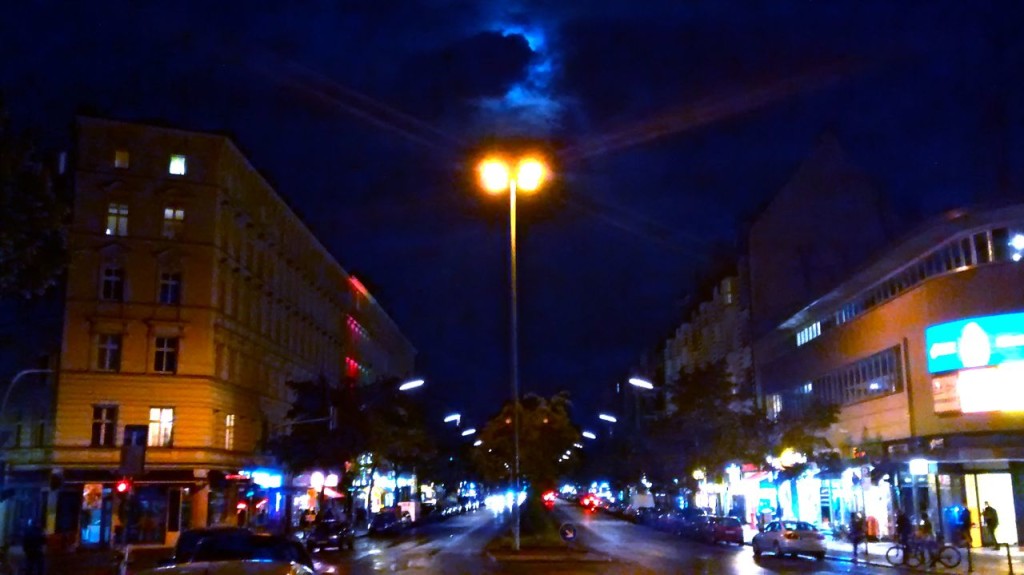Caspar David Friedrich Light

It is the time of year in Berlin when the days get longer but summer has not quite arrived. Something happens to the atmosphere above the city at dusk: a collision of temperatures, the earth still cold, the air warming. The sky is full of clouds.
With sundown, the evening light ropes all in thick profundity, and then, after the short night, there is yet another change.

The light grows thinner in the early morning. Why does this atmosphere make every surface look more lucid? It’s as if there is less oxygen. But if we are starved of it, why do we see sharper? The sky is voided of mist and cloud. It hangs close to the ground instead, if at all. The ethereal clarity awaits the growing clouds.

But it is the late night views, through cloud, that strike me most these days, especially as the moon grows full this week. This is when you look into the sky and understand the German Romantics. It’s Caspar David Friedrich (1774-1840) light, something you recognise from those paintings hanging up high in the Alte Nationalgalerie.

The moon passes behind the clouds, sending out arms of darkness. There should be a barren rock, a stunted tree, a sweep of landscape below. But instead there is the repetitive glow of the traffic lights down Kottbusser Damm, the Rückenfigur is a cyclist, and the infinity a point above Hermannplatz.
Can one sense the metaphysical dimension suggested by the moon, its light spreading, dispersing, then growing more obscure as it’s hidden, in the skies above Kreuzberg? Perhaps the point is that these night skies make the foreground subject disappear completely. We find ourselves staring beyond, into this strange transition, waiting for the chill, moon, and mist, to give way to the sun.

